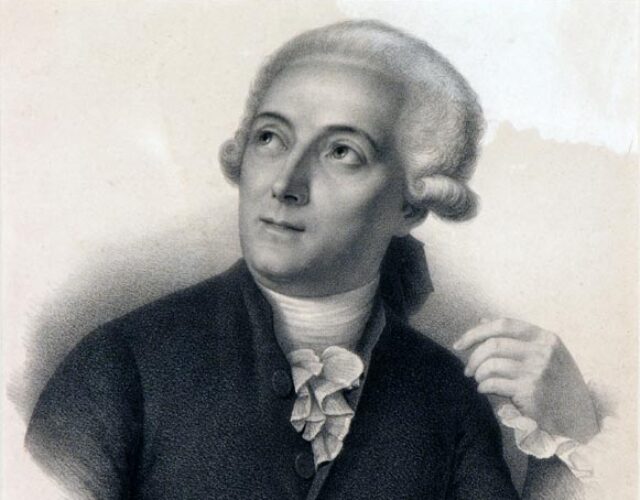Overview:
Antoine Lavoisier is broadly viewed as the father of modern chemistry. His momentous work in the late eighteenth century established the groundwork for the field as we grasp it today. Brought into the world in Paris in 1743, Lavoisier made various commitments that changed science from a subjective to a quantitative science.

One of Lavoisier’s greatest accomplishments was his part in improving the Public Safety Act. He revealed by careful examination that things are neither created nor destroyed in manufactured things, but that they only change compositions. This direction became the foundation of modern synthetic science.
Lavoisier additionally distinguished and named oxygen and hydrogen, generally modifying the comprehension of burning and breath. He exposed the phlogiston hypothesis, which had overwhelmed logical ideas for a really long time, by showing that burning includes the compound blend of a substance with oxygen, as opposed to the arrival of a secretive fire-like component called phlogiston.
Regardless of his research work, Lavoisier played an important role in classifying compounds. He and others wrote an effective system of naming products, replacing the confusing and inconsistent names of the past with clarity and precision This system of classification is still used operates today, and is a function of clear communication among physicists around the world.
Lavoisier's commitments reached out past hypothetical progressions; he likewise further developed research facility procedures and contraption, upgrading the accuracy and unwavering quality of synthetic trial and error. His emphasis on cautious estimation and perception assisted with laying out chemistry as a thorough, exact science.
Read more: Who was the first woman to win a Nobel Prize in Chemistry